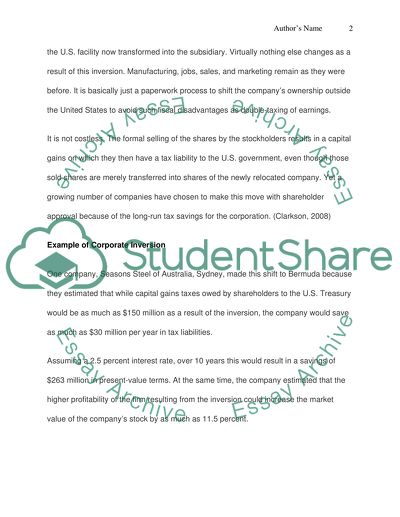Cite this document
(“Business Law (International) Coursework Example | Topics and Well Written Essays - 1500 words”, n.d.)
Business Law (International) Coursework Example | Topics and Well Written Essays - 1500 words. Retrieved from https://studentshare.org/miscellaneous/1554008-business-law-international
Business Law (International) Coursework Example | Topics and Well Written Essays - 1500 words. Retrieved from https://studentshare.org/miscellaneous/1554008-business-law-international
(Business Law (International) Coursework Example | Topics and Well Written Essays - 1500 Words)
Business Law (International) Coursework Example | Topics and Well Written Essays - 1500 Words. https://studentshare.org/miscellaneous/1554008-business-law-international.
Business Law (International) Coursework Example | Topics and Well Written Essays - 1500 Words. https://studentshare.org/miscellaneous/1554008-business-law-international.
“Business Law (International) Coursework Example | Topics and Well Written Essays - 1500 Words”, n.d. https://studentshare.org/miscellaneous/1554008-business-law-international.


